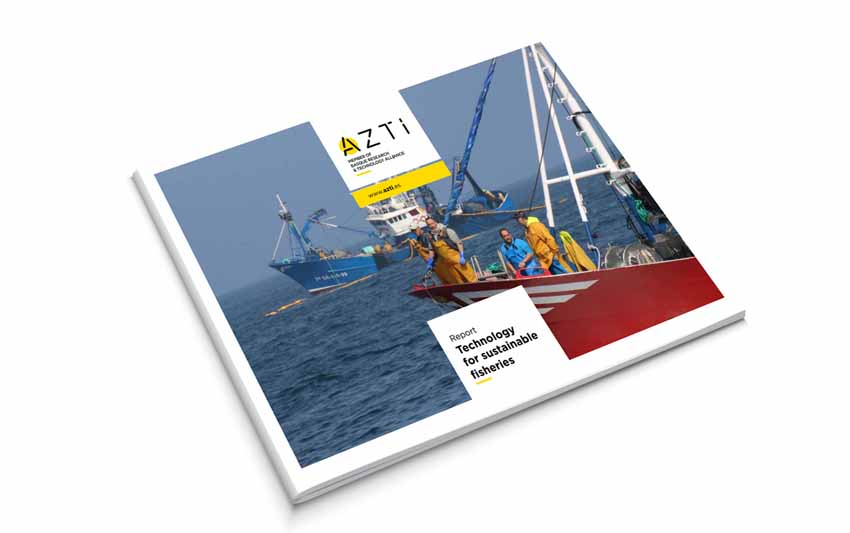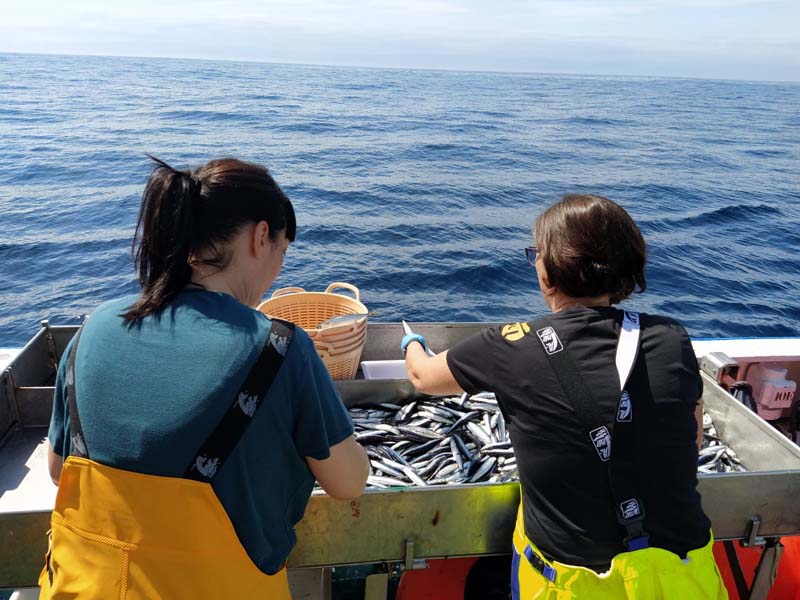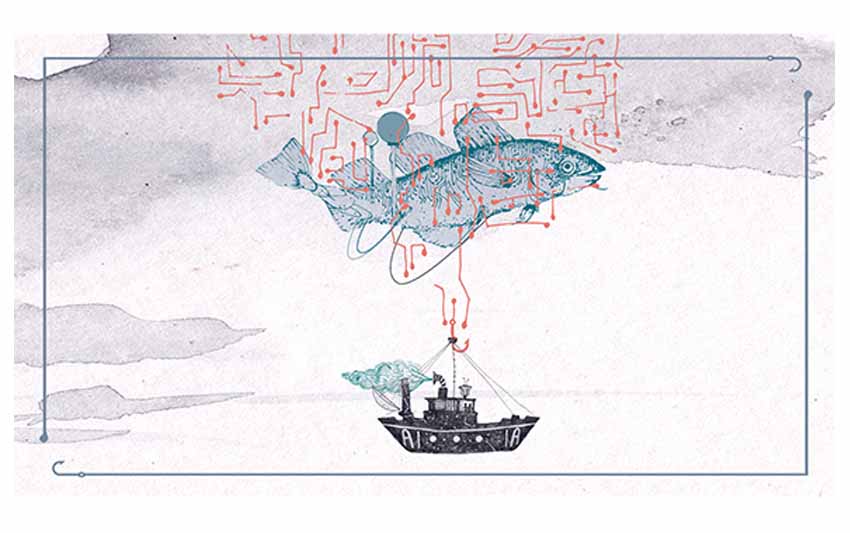The right fish for you: a personalised guide to a balanced diet
Últimas noticias
Digital Transformation of the Fishing Fleet: AZTI Explores the Future of the Industry with AI and Sustainable Solutions
The replica of the San Juan will set sail on a scientific mission thanks to an agreement between Albaola and AZTI.
Artomaña Txakoli Achieves the Best Enviroscore Category (A), as a Result of Its Environmental Commitment
Fish is recognised as an exceptional source of essential nutrients, but do you know which fish is the most suitable for you according to your specific needs? The European SEAwise project, led by the AZTI technology centre, has developed a personalised guide to help you make informed choices about which fish to include in your diet.
Índice de contenidos
Why is it important to choose the right fish for you?
Regular consumption of fish and seafood is linked to multiple health benefits, such as:
- Improved cardiovascular health.
- Emotional well-being.
- Reduced risk of certain cancers.
However, not all fish are equal in terms of nutritional intake, and factors such as age, pregnancy or region-specific nutrient deficiencies may influence which species are most beneficial for each individual.
The SEAwise Guide: a tailor-made approach
In addition to providing a general recommendation for European consumers based on the availability of fish species in the market and supermarket, SEAwise focuses on four specific regional case studies: the Mediterranean Sea, the Western Waters, the North Sea and the Baltic Sea. This regional perspective was applied during the research behind the SEAwise Healthy Seafood Guide, focusing on the main commercial species caught in these regions. The team has also examined data at the national level, allowing for further customisation of species for European countries at the individual level.
To simplify consumer choice, the SEAwise team has created a Healthy Seafood Guide based on:
- Nutritional composition: focusing on essential nutrients such as Omega-3, vitamin D, vitamin B12, iodine and selenium.
- Dietary variety: promoting a balanced intake of fatty fish (such as sardines and mackerel) and lean fish.
- Potential contaminants: identifying species that may contain higher levels of harmful substances in order to limit their consumption.
Key recommendations for fish consumption
- Frequency: Eat 1-4 servings of fish per week.
- Variety: Alternate between fatty and lean fish to maximise intake of essential nutrients.
- Avoid processed products: Prioritise fresh, frozen or canned fish, and avoid fried or high-salt options.
Watch out for contaminants: An important warning
Although fish is a healthy choice, some species may contain higher levels of contaminants. For example, in the case of the Baltic Sea, it is recommended to limit consumption of herring and wild salmon to once a week. This precaution ensures that you enjoy the benefits of fish without unnecessary health risks.
Fish that stand out for their benefits
Small fatty fish, such as mackerel and sardines, stand out for their high levels of omega-3s, which are essential for heart and brain health. Incorporating a variety of species also contributes to a more balanced and sustainable diet.
Download the full report here.







